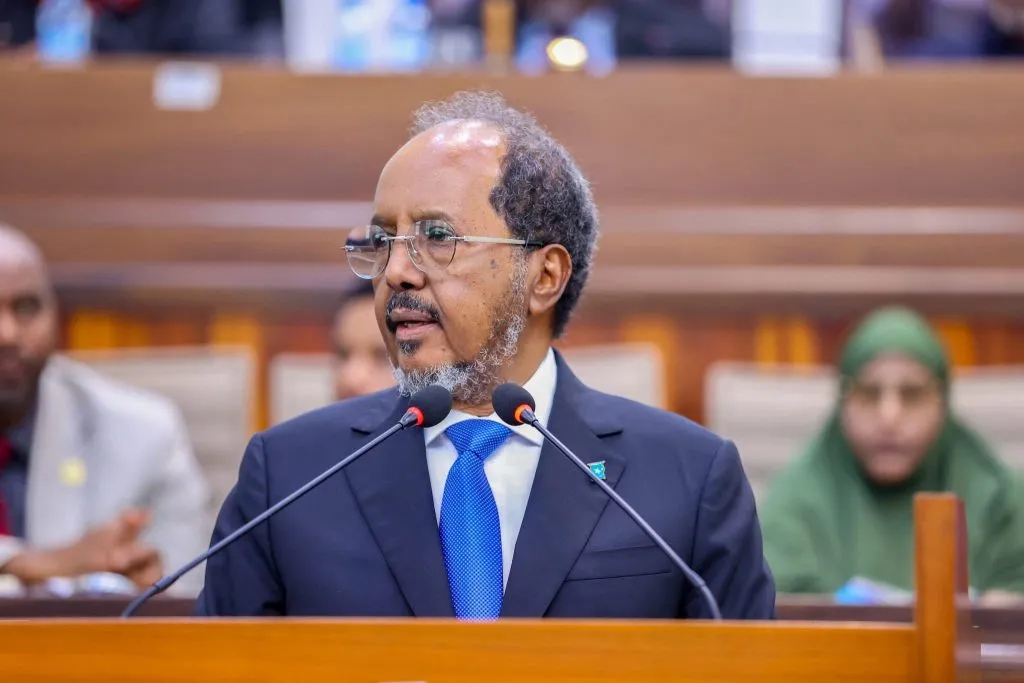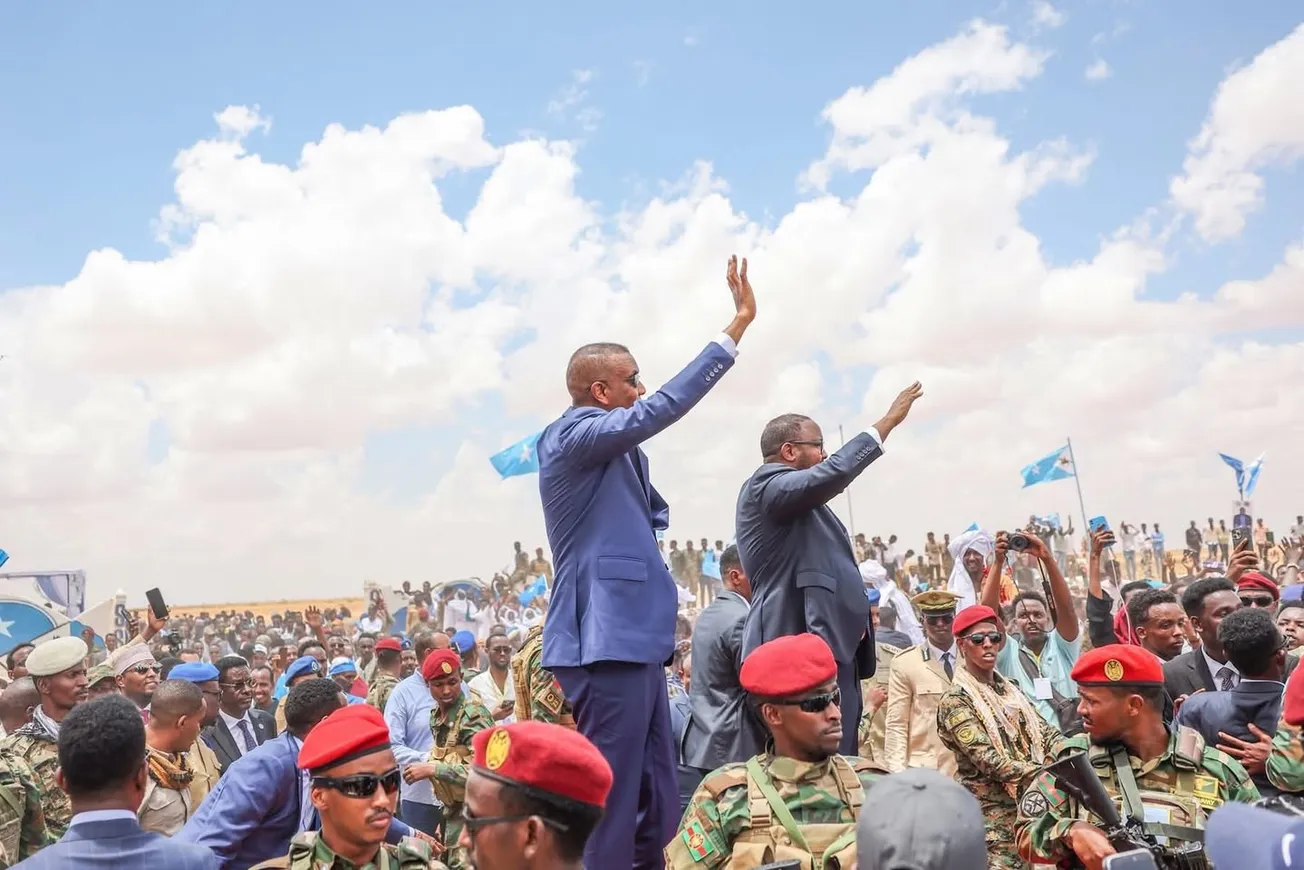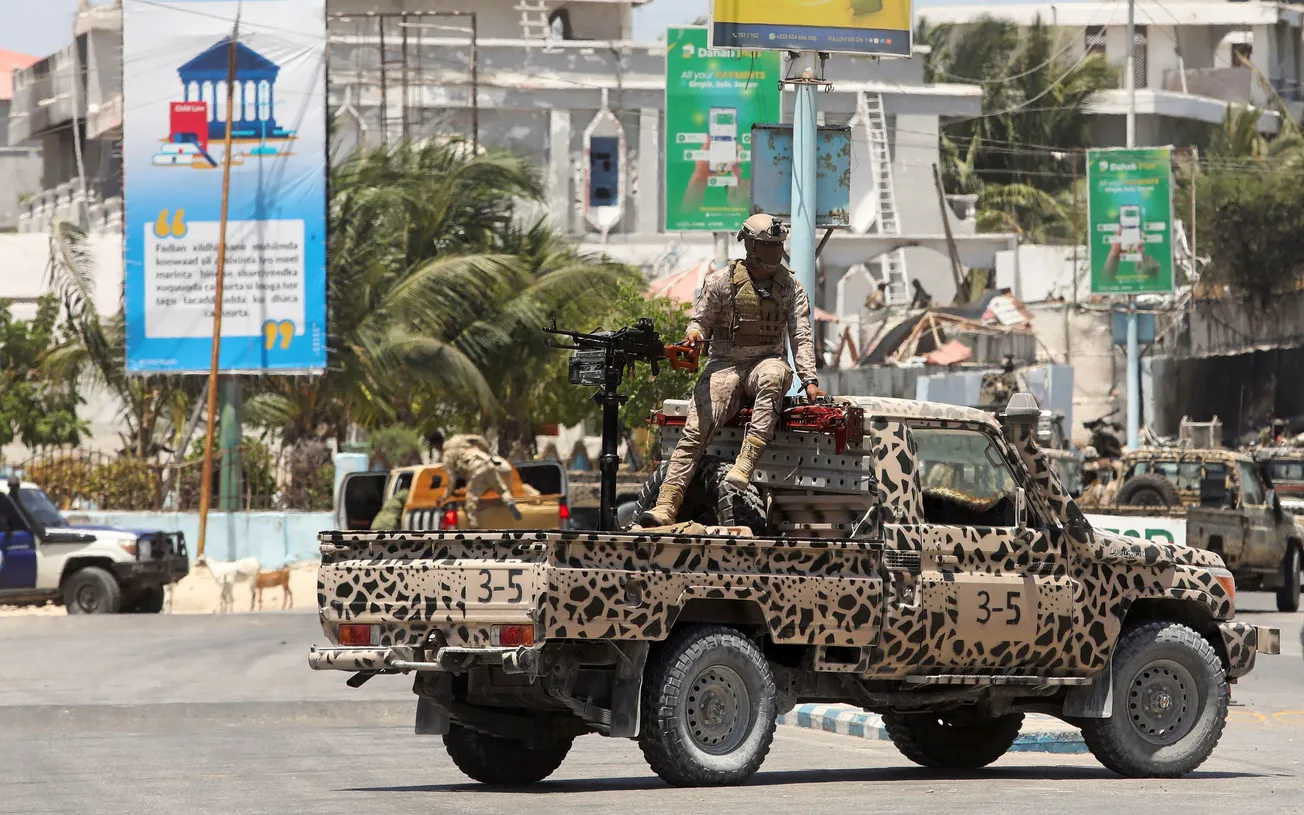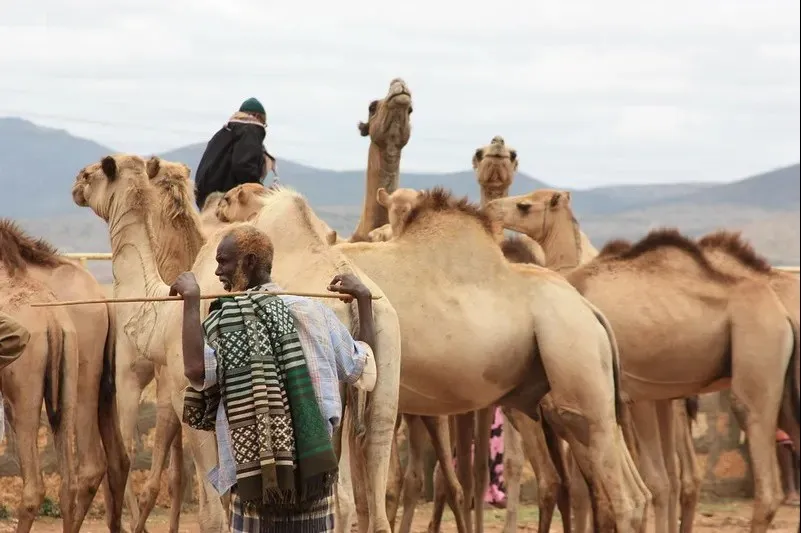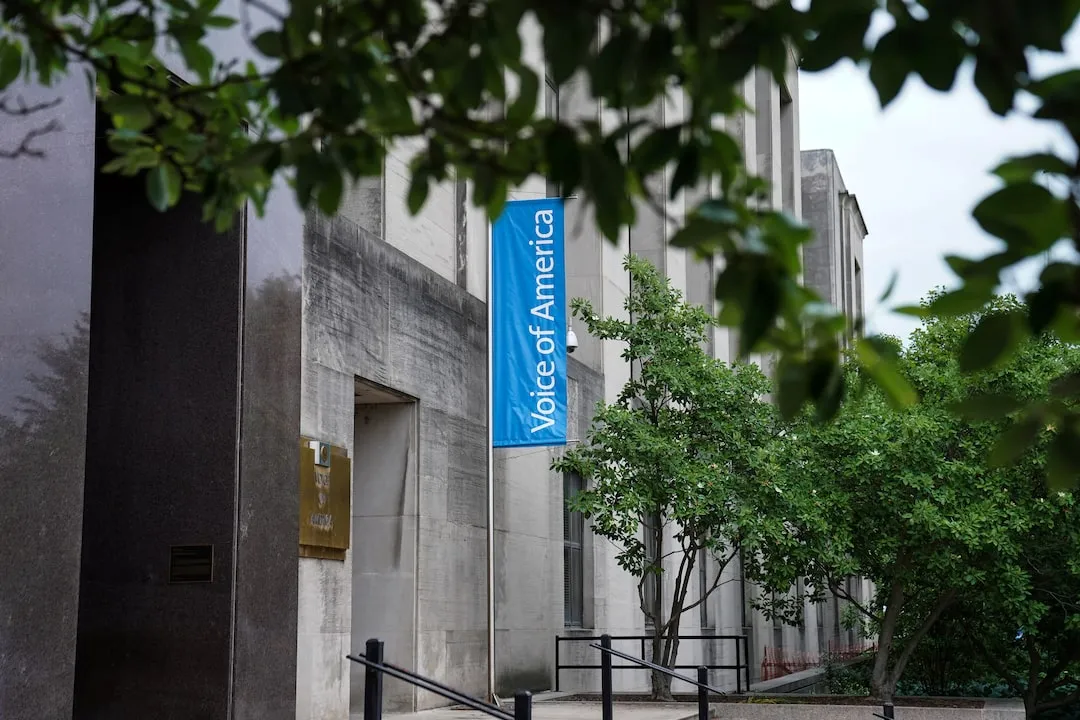Table of Contents
President Hassan Sheikh Mohamud’s Eid al-Fitr message came with more than the customary goodwill—it carried an open invitation to his political rivals and national leaders to engage in dialogue. In a country where political communication often takes the form of accusation and counter-accusation, the President’s outreach is commendable and deserves attention. But it also demands scrutiny. Is this a genuine call for consensus, or a tactical maneuver to reassert control?
What remains unclear is whether the President is calling for an inclusive national consultative conference or a narrower, elite political dialogue meant to shore up support for his reform agenda. In Somalia’s fragmented body politic, the distinction is not academic. A meaningful national consultation must confront long-festering constitutional disputes, electoral reform questions, and the fragile balance between the federal center and its member states. A tightly choreographed dialogue confined to Mogadishu’s political class may buy time—but not legitimacy.
The constitutional amendments recently passed under President Mohamud’s watch are a case in point. Opponents argue they were rushed through Parliament without adequate consultation with federal member states or the public. The President’s allies point to parliamentary approval as evidence of due process. But legal formality does not erase political reality. Without broad buy-in, these changes risk becoming yet another flashpoint in Somalia’s cycle of mistrust between the center and the regions. A meaningful dialogue must either revisit these amendments or agree to defer their implementation until after a wider consensus is reached.
At the heart of the current impasse is also the President’s push for a direct, One Person, One Vote presidential election—an aspiration shared by many, but one that currently lacks feasibility and constitutional clarity. Somalia’s parliamentary system has long served as an imperfect but functional mechanism to accommodate clan dynamics and elite interests. Changing that system midstream without a negotiated settlement risks destabilizing the delicate federal order. Not surprisingly, several member states, most notably Puntland and Jubaland, have resisted what they see as an attempt to recentralize power under the guise of electoral reform.
This is not merely a dispute over technical modalities. It cuts to the core of Somalia’s unresolved questions about the nature of its federalism—how power is shared, how legitimacy is generated, and how national unity can be forged from local autonomies. Thus, the President’s call for dialogue must offer credible pathways for compromise.
There are, in fact, several plausible options that could serve as the basis for a negotiated settlement.
Option A involves a bold but stabilizing trade-off: Extend the President’s term by two years, during which time he would be tasked with two mandates—preparing the country for universal suffrage and defeating Al-Shabab. Under this scenario, President Mohamud would pledge not to run for re-election, lending credibility to the transitional nature of the extension. This approach would buy time to develop electoral infrastructure, standardize voter registration, and secure territory. But it requires exceptional transparency and guarantees from domestic and international stakeholders to avoid repeating past failures of term extensions.
Option B draws inspiration from Somalia’s 1960s electoral model and offers a pragmatic middle ground: It would allow for the direct election of members of Parliament through a One Person, One Vote process—empowering citizens to choose their legislative representatives. Once elected, these MPs would in turn select the President through the current indirect model, held within the familiar confines of the Mogadishu International Airport compound, colloquially known as the "tent" venue. Though imperfect, this hybrid approach introduces broader democratic participation without upending the existing political framework.
Option C takes a more incremental path: It allows the President to focus on holding local elections in all secure regions based on One Person, One Vote, while preserving the status quo at the national level: MPs and the President would be elected through the indirect election model currently in place. This compromise gives shape to the President’s vision without disrupting the national electoral timeline. It also provides a testing ground for broader reforms, with local elections serving as a confidence-building measure and institutional rehearsal.
Option D is the most conservative approach: Preserve the current indirect electoral system, but expand the number of delegates from the previous model—where 101 individuals selected each MP. The push for direct elections would be deferred to the next administration. In this scenario, the President would abandon his current pursuit of One Person, One Vote and instead focus on consolidating security, rebuilding trust between federal and regional governments, and laying the groundwork for future reforms. While grounded in political realism, this option may frustrate those eager for faster progress toward universal suffrage.
Each of these options carries risks. But they also offer a framework for compromise—something sorely missing from Somalia’s political culture. To initiate such a path, the President must take a few critical steps. First, any national dialogue must be preceded by a neutral commission that surveys stakeholders’ priorities and designs an inclusive agenda. Second, the scope of participation must be expanded beyond politicians to include civil society, youth representatives, traditional elders, and the business community. Third, informal consultations—quiet diplomacy among key actors—should precede the formal gathering to avoid public theatrics and deadlock. And finally, any dialogue must culminate in a time-bound roadmap that links political agreements to concrete institutional and electoral milestones.
Progress is not without precedent, especially if Option B is adopted. Puntland’s relatively successful local elections provide a model for how One Person, One Vote can work in other secure regions, even under Somalia’s current constraints. Extending such exercises to other stable regions like Benadir, Galmudug, Southwest, Hirshabelle, and SSC-Khatumo could provide the foundation for a more credible national electoral process in the future.
But time is not on the President’s side. With just over a year remaining before the next scheduled national elections, the temptation to govern unilaterally will grow. That would be a mistake. If President Mohamud wants to be remembered not simply as a political survivor, but as a statesman who helped lay the foundation for a lasting, modern Somalia, he must resist short-term expediency in favor of long-term institution-building and cement his legacy.


